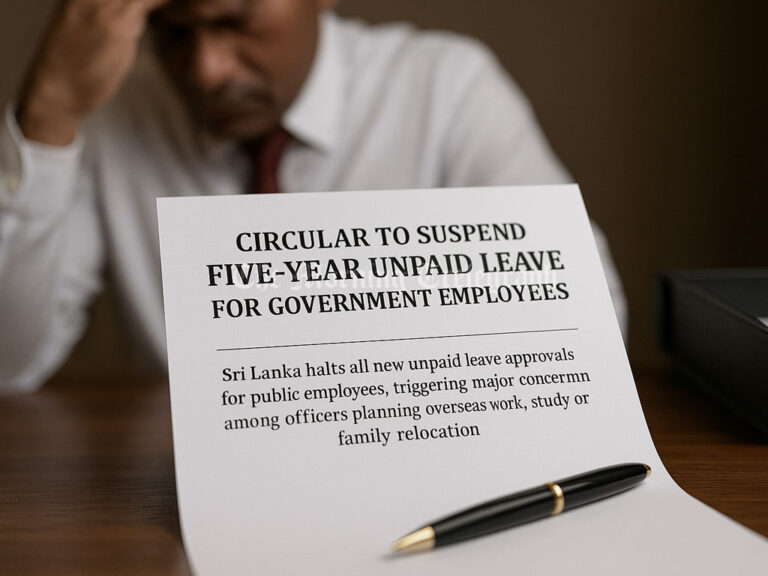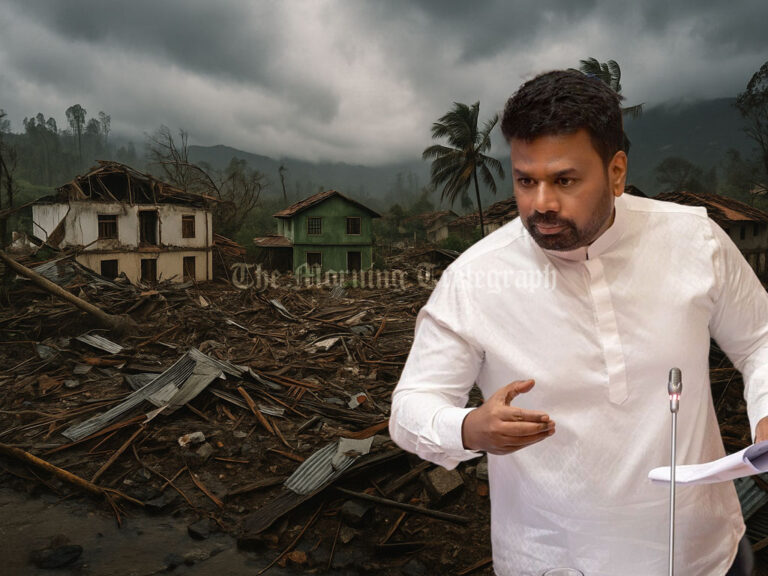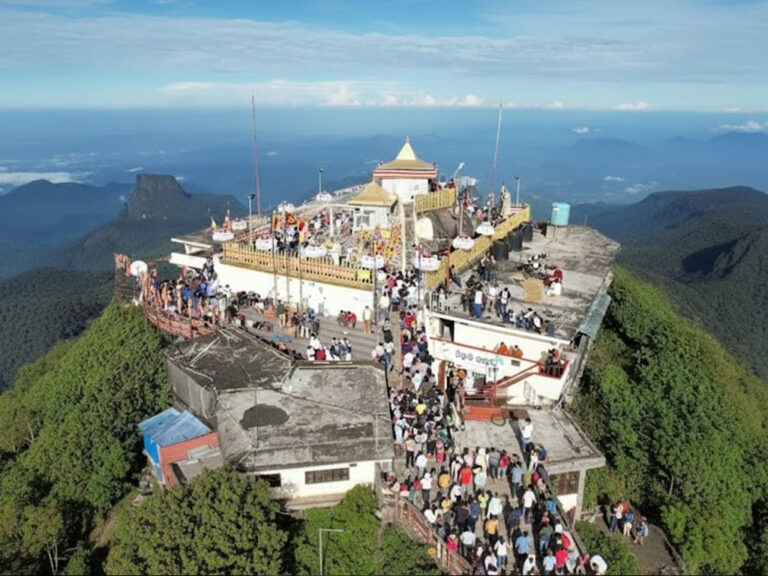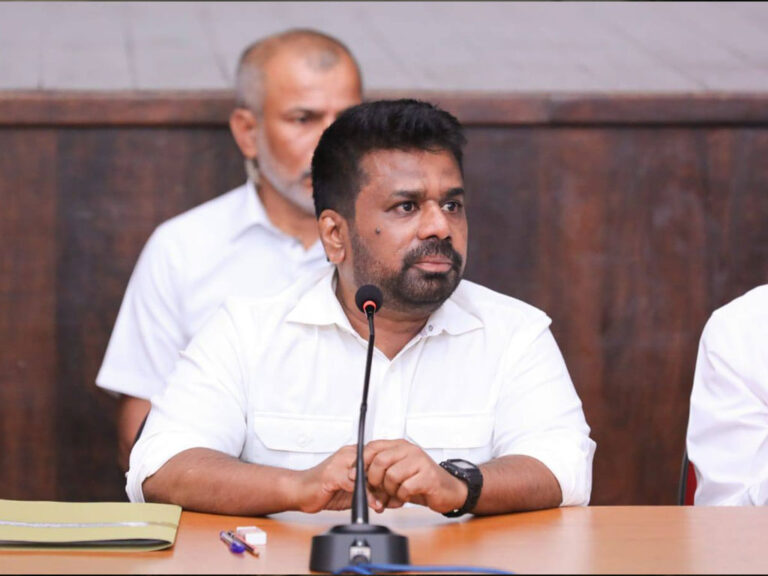
The Vatican has announced the death of Pope Francis, who passed away peacefully at 7:35 a.m. local time at the age of 88. The statement was delivered by Cardinal Kevin Farrell, who said, “With deep sorrow I must announce the death of our Holy Father Francis… His entire life was dedicated to the service of the Lord and His Church.” The Pope’s final moments were marked by solemn dignity, ending a transformative papacy that touched lives across continents.
A Pontificate of Historic Firsts
Elected in March 2013 following the unprecedented resignation of Pope Benedict XVI, Pope Francis broke with centuries of tradition in several remarkable ways. Born Jorge Mario Bergoglio in Buenos Aires, Argentina, he became the first Pope from the Americas, the first from the Southern Hemisphere, and the first Jesuit to assume the papacy. Before his elevation, no non-European had served as Bishop of Rome since Gregory III in the 8th century.
His election followed a lifetime of service in Argentina, where he rose from modest beginnings to serve as provincial superior of the Jesuits by 1973. Educated in philosophy, literature, and psychology, Bergoglio also worked as a nightclub bouncer and factory chemist. He narrowly survived a serious illness in his youth, resulting in the removal of part of one lung—a condition that made him especially vulnerable to infections throughout his life. Despite these physical trials, he would go on to become a global spiritual leader, deeply admired for his humility, resolve, and human touch.
Final Days and Simplified Farewell
Just a day before his passing, Pope Francis appeared publicly from a wheelchair at the Vatican’s Easter Sunday Mass. He greeted thousands gathered in St. Peter’s Square and gave a brief wave and blessing, while an aide read his Easter address on his behalf. The message focused on peace and the importance of freedom of religion, thought, and expression. He called attention to the suffering in Gaza, antisemitism, and global conflict, urging leaders to work toward lasting peace in war-torn regions such as Ukraine and the Middle East.
In keeping with the simplicity that marked his life and papacy, Pope Francis had instructed the Vatican to forego many of the traditional rites associated with papal funerals. Instead of the customary triple-nested coffins, he will be buried in a simple wooden casket lined with zinc. He also declined the practice of being displayed on a catafalque inside St. Peter’s Basilica. Mourners will be allowed to pay their respects while his body remains in the open coffin. Breaking with another longstanding tradition, Francis will be the first Pope in over a century to be buried outside the Vatican, at the Basilica of St. Mary Major in Rome.
Tributes from a Grieving World
Leaders from around the world have paid tribute to Pope Francis, many highlighting his unwavering dedication to the vulnerable and marginalized. French President Emmanuel Macron described him as “a man of humility… on the side of the most fragile.” European Commission President Ursula von der Leyen praised his “love so pure for the less fortunate,” while Indian Prime Minister Narendra Modi expressed being “deeply pained.”
Scotland’s First Minister John Swinney called him “a voice for peace, tolerance, and reconciliation.” Spain’s Prime Minister Pedro Sánchez honored his “commitment to peace and social justice,” and Dutch Prime Minister Dick Schoof called him “a man of the people.” Egypt’s President Abdel Fattah el-Sisi, Poland’s Prime Minister Donald Tusk, and Israel’s President Isaac Herzog echoed similar sentiments, describing Francis as a man of compassion and a moral compass for the world.
A Holy Man of God—and of the People
Archbishop of York Stephen Cottrell, acting head of the Church of England, also paid tribute, recalling Pope Francis as a “holy man of God” who was deeply human—witty, warm, and alive with compassion. Cottrell praised the Pope’s tireless advocacy for the poor, migrants, and the environment, as well as his sincere efforts to heal divisions between churches. “Francis showed us how to follow Jesus,” he said, “and encouraged us to go and do likewise.”
An Enduring Message
Francis’s final Easter address offered a poignant reflection on the state of the world: “There can be no peace without freedom of religion, freedom of thought, freedom of expression.” His words offered solace and challenge alike—urging the global community to recognize the sanctity of human dignity and the urgency of mercy.
A Legacy That Will Endure
From the slums of Buenos Aires to the highest office of the Catholic Church, Pope Francis remained steadfast in his devotion to the poor, the outcast, and the cause of global peace. His papacy was defined not by grandeur but by simplicity, not by dogma but by mercy. Whether it was washing the feet of refugees, embracing the disabled, or calling out injustice in its many forms, Francis embodied the Gospel values he so often preached.
In his final act, even in death, he chose to emphasize humility, opting for a burial that reflected the life he lived—unadorned, authentic, and deeply human. The world now says farewell to a spiritual shepherd who redefined what it means to lead not with might, but with love.
Requiescat in pace, Papa Francisco.




